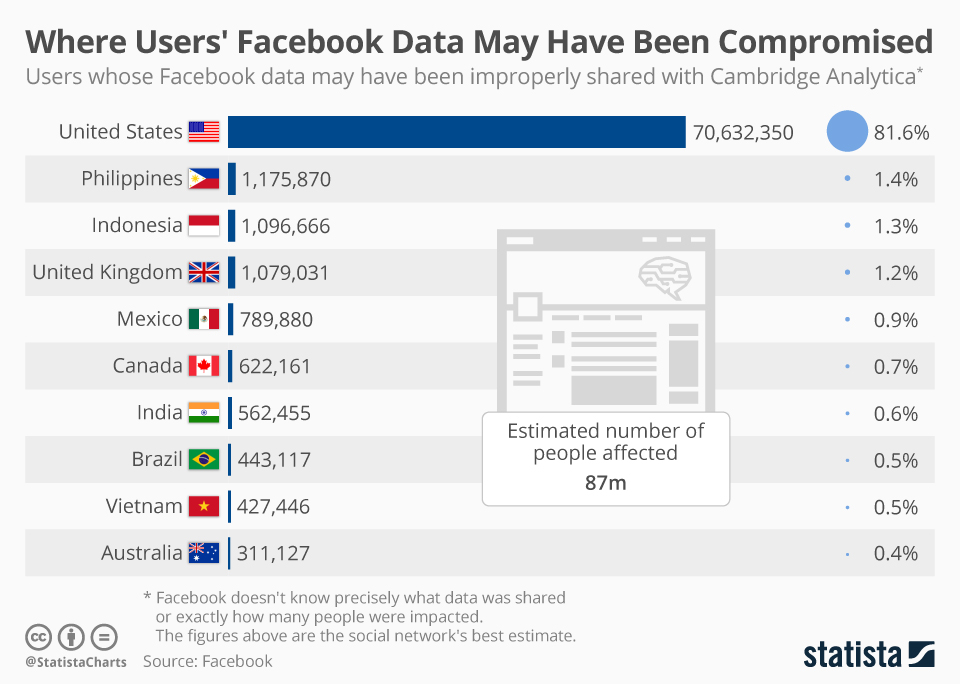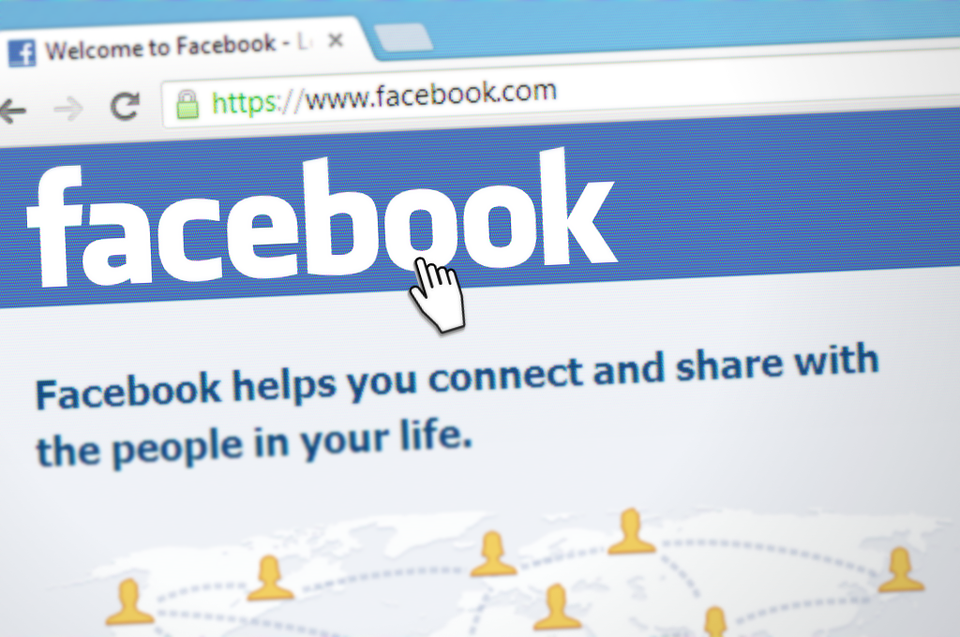Mark Zuckerberg has a penchant for looking into the future and understanding what’s next in the world of technology. In a recent 3,200 word post, Zuckerberg discussed a shift in what he foresaw for social networking. He sees the future of social networking is less of a place where public posts are a permanent thing and more of security focused form of communication where posts are encrypted in the end and have an ephemeral nature.
He believes that encryption is at the heart of Facebook’s future and how Facebook uses data. He went as far as saying that he is willing to allow Facebook to be banned in countries that will not allow the security measures he feels are necessary.
Contemplating the Future of Social Media
Showing that he is in tune to the future of the Internet, Zuckerberg said in his blog that as he contemplated the future of the Internet, he saw privacy-focused communications becoming more important than the open platforms of today. Part of this vision is influenced by the popularity of messaging sites, such as Whatsapp, that rely on encrypted intake and communications.
This definitely does not mean that Zuckerberg thinks that public social networks are going to disappear. In his blog, he discussed how he felt they had a place but that the future was likely going to be built on simpler platforms that put a stronger emphasis on privacy as opposed to open platforms that seem to have reached their zenith in popularity.

A Potential Game Changer in the World of Social Media
If Zuckerberg follows through on the ideas that he laid out in his post, he and social media as a whole may be embarking on a change that will radically revamp the way that people see social media. Right now, when people think about social media, Facebook is one of the first names that pops into their minds. Zuckerberg, along with his partners, has grown Facebook into what is unquestionably one of the richest and most influential companies in the world. The way that they were able to do this was by coming up with unique ways of allowing companies to gather personal information of users and then sell advertising based on the personal information of said user.
Of course, it is no surprise that Zuckerberg and his companions are looking for a more privacy-oriented way of allowing people to communicate with each other. Over the past few years, Facebook and Zuckerberg have been mired in scandal after scandal. One of the biggest scandals revolved around Cambridge Analytica and how that company was using Facebook users’ personal information without their consent. This has gone down as the biggest data breach in the history of the company.

Of course, the Cambridge Analytica breach has not been the only one to ravage social media. A number of individuals have seen their lives grind to a halt because the information they consider to be private was made public thanks to social media. This has led people to become more concerned and cautious with what they share on social media and has even led to some pulling away from using social media altogether.
Commenting on this, Zuckerberg mentioned that the future of communication seems to be shifting toward more private encrypted services. These are services that allow people to be confident that what they say to each other is only transmitted to each other. They can also be confident that what they say won’t stick around forever. There are a number of politicians, famous individuals, and now infamous individuals who have seen their careers and their livelihoods destroyed because of images or posts they put on social media years ago or decades ago. Zuckerberg hopes that he will be part of a change that makes some of the more damaging parts of social media disappear.
Part of this may mean including end-to-end encryption across all of the messaging apps that Facebook employees. In order to accomplish this feat, the back end technology that powers these messaging apps will need to be unified.
Will This Change Become a Reality, or Is It Just a Flight of Fancy?
Zuckerberg’s new commitment to the power of privacy reflects something akin to religious zealotry. Many see this as an attempt on the part of the Facebook CEO to repair a damaged reputation that has been earned over years of scandals.
One would be remiss if they did not see the business side of things. Zuckerberg has shown himself to have a keen intellect for business and opportunity. Unquestionably, private encrypted messaging tools will lead to the creation of more business tools. It will create financial opportunities for those who are intuitive enough to use them, especially in the world of e-commerce and online payments.
Facebook is a multinational company. It operates in and is used by individuals in countries that do not have the same consumer privacy regulations as some Western countries. These include countries like Russia and Vietnam. In countries like this, any sensitive data that is stored can quickly become the property of the government and can be used to intimidate or harm others.
In harmony with his new commitment to privacy, Zuckerberg says that Facebook in the future will not be storing sensitive data in countries that have a less than stellar record on human rights, privacy, or freedom of expression. If Zuckerberg is serious about this commitment, it could mean that his dream of opening up Facebook in China disappears.
However, showing that he understands this, Zuckerberg said in his post that he is willing to stand by his principles, even if it means that his service gets blocked in certain countries.
Many people have a wait and see attitude. Zuckerberg’s new vision seems laudable, but time will tell if it is something that he and Facebook will freely follow through on. Something that many have pointed out is that Zuckerberg did not set a firm timetable for following through on his plans. He said it was something that would be introduced over the next few years. It will be interesting to see the ramifications this has on social media around the world.
What do you think? Does Zuckerberg’s commitment to privacy represent a major shift in the future of social media? Or will this commitment to privacy be as ephemeral as Zuckerberg hopes future social media posts will be? Let us know what you think in the comment section below.



